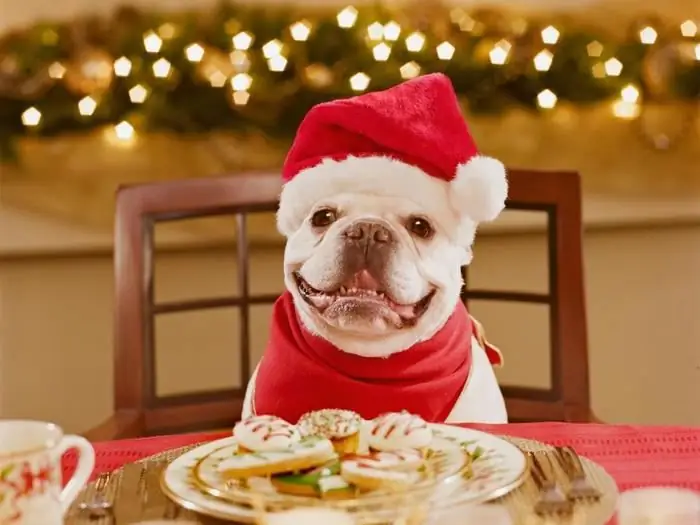
Table of contents:
- Author Bailey Albertson albertson@usefultipsdiy.com.
- Public 2023-12-17 12:53.
- Last modified 2025-01-23 12:41.
10 foods from the New Year's table that are dangerous to treat animals

Pets often share the eating habits of their owners and become real gourmets, since many four-legged animals are sickened by the monotony of the usual balanced zoo foods. Ahead are the New Year holidays, in which you want to please not only relatives and friends, but also your beloved pets. Consider a number of products from the holiday table that are dangerous to give to animals.
Grapes
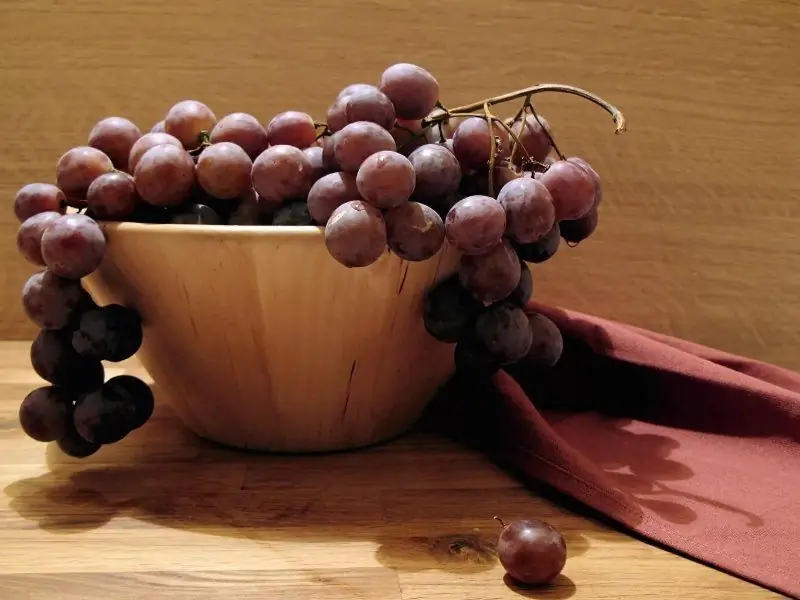
Feeding your pets with grapes is a bad idea. It is not known exactly which element of its rich chemical composition provokes intoxication of the animal organism. Veterinarians are inclined to think that the harm is caused by the complex of substances of grapes, leading to metabolic disorders and acute renal failure in dogs.
The toxicity of grapes for cats has not been confirmed by scientists, but it is better not to tempt fate and not experiment. All of the above applies to dried grapes - raisins.
Chocolate
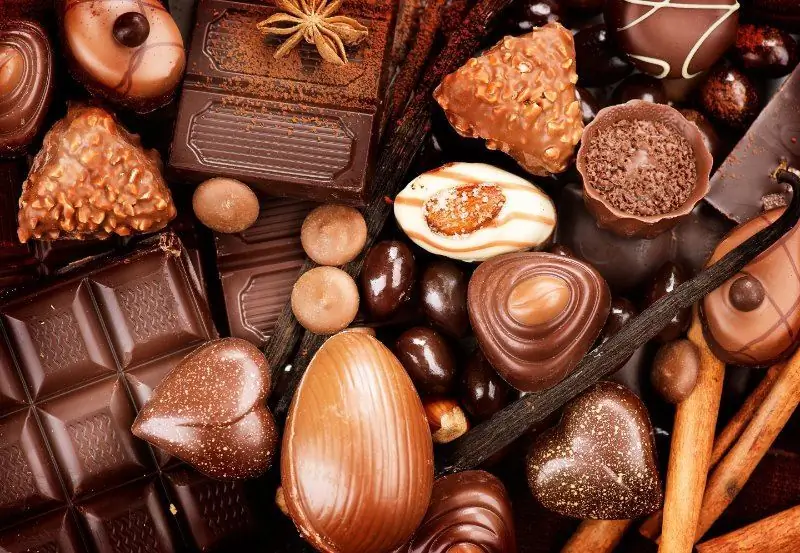
New Year is traditionally associated with chocolate and other sweets, but not for animals. A source of danger for pets is the bitter alkaloid theobromine (a relative of caffeine) found in cocoa beans. It is excreted from their body much more slowly than from the human body.
Even a small amount of treats can cause poisoning, hyperactivity, disorientation and heart attack in cats and dogs. Keep in mind that sugar and light carbohydrates in chocolate can cause diabetes.
Smoked sausage
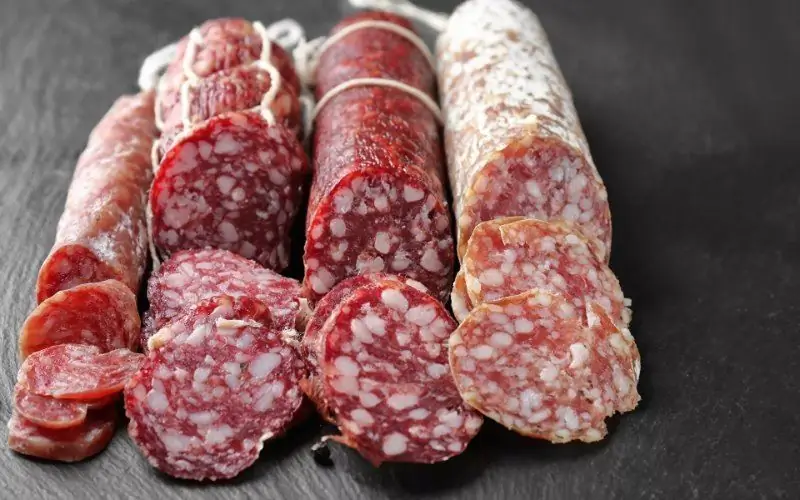
Cats and dogs should not be treated to sausages, especially smoked ones. Most sausages are made with a lot of salt, spices, dyes, fat, soy and preservatives that are harmful to the liver, stomach, pancreas and lead to allergies, edema and kidney stones.
Salad with onions or garlic
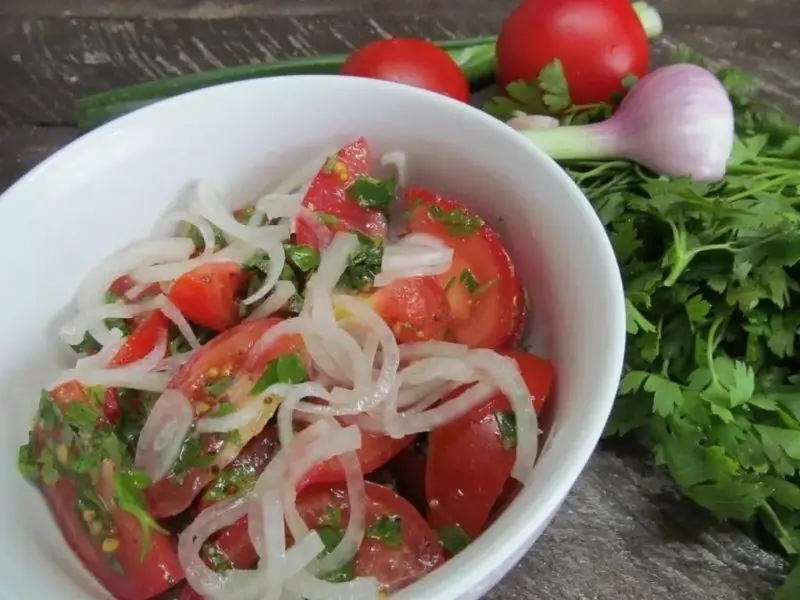
Onions and garlic should not be given to tetrapods, either raw or cooked, remembering that they can be found in salads, cutlets, pilaf and other dishes. Onions and garlic contain sulfur compounds that are harmless to humans, but are toxins for animals and lead to severe poisoning and hemolytic anemia (destruction of red blood cells).
Raisin cake

Commercial low-calorie baked goods often contain the artificial sweetener xylitol, as well as raisins, which are harmful to the health of pets, especially dogs. First of all, their liver suffers. Dough rich in carbohydrates causes bloating, flatulence and intestinal cramps in animals.
Avocado
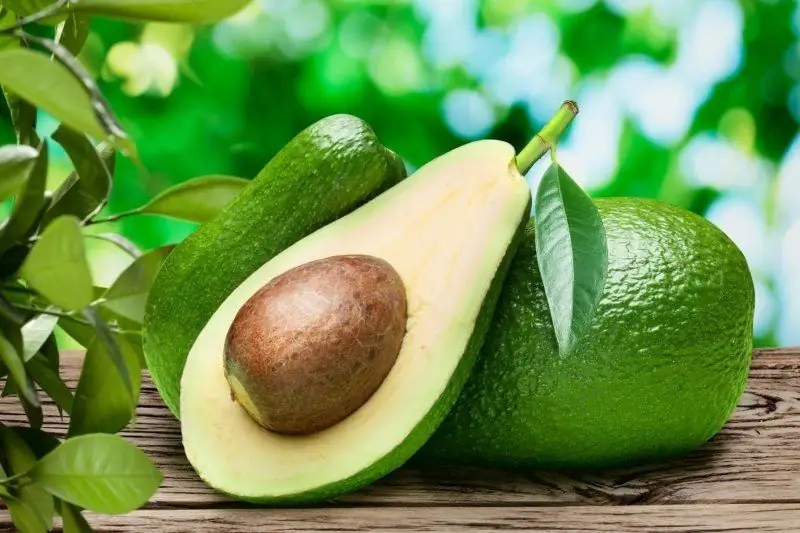
The persin toxin found in any parts of the avocado causes gastrointestinal poisoning, pulmonary and heart edema in many pets. The tailed beasts should not even be allowed to play with the bone or skin of this fruit.
Candies

We cannot always find out the exact composition of the sweets purchased for the New Year's table. If they contain xylitol, then such sweets can affect the development of liver failure in pets. The sugar present in sweets provokes diabetes in the tailed.
Pickled or pickled cucumbers
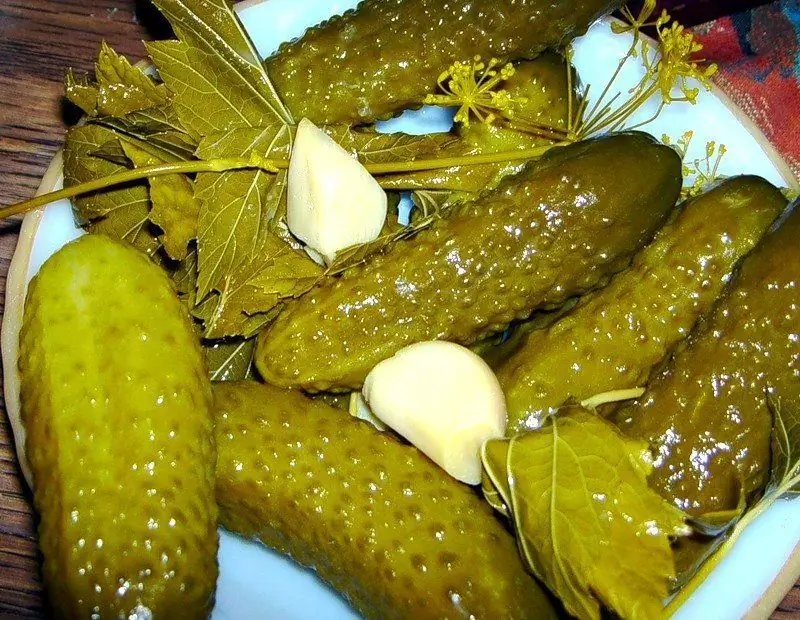
It is believed that a pet's interest in salted and pickled vegetables is manifested when there is a lack of vitamins in the body. Of course, if he tastes a slice of cucumber, it will end up with increased thirst for him.
But still, you do not need to repeatedly follow the lead of your favorite beggar, since there are a lot of spices in brine and marinade, leading to poisoning and loss of smell, and the salt itself dramatically increases the load on the kidneys.
Nuts
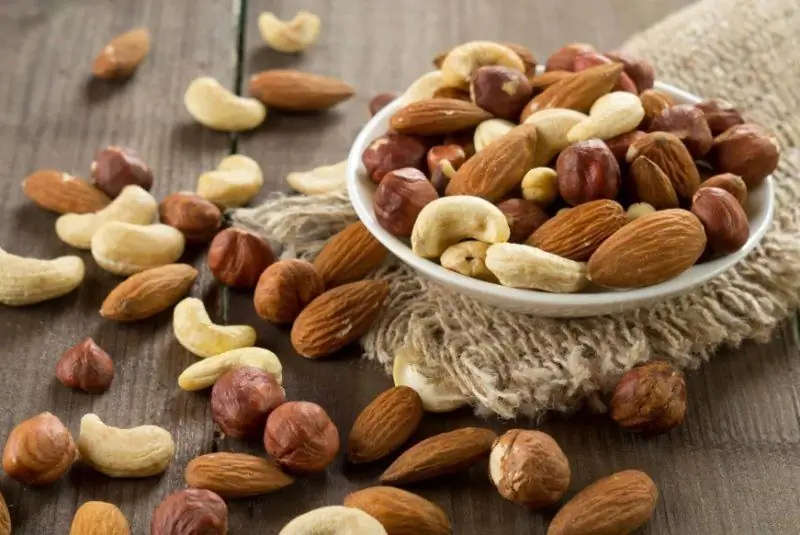
Some nuts in small quantities are allowed for occasional feeding of pets, especially dogs - as a treat. These include: almond, cashew, pine and chestnuts.
Dangerous nuts that are absolutely not included in the diet of dogs and cats: walnuts, nutmeg, hazelnuts, pistachios, acorns and especially macadamia. They harm the digestive system of animals, cause urolithiasis and allergies.
Mushrooms
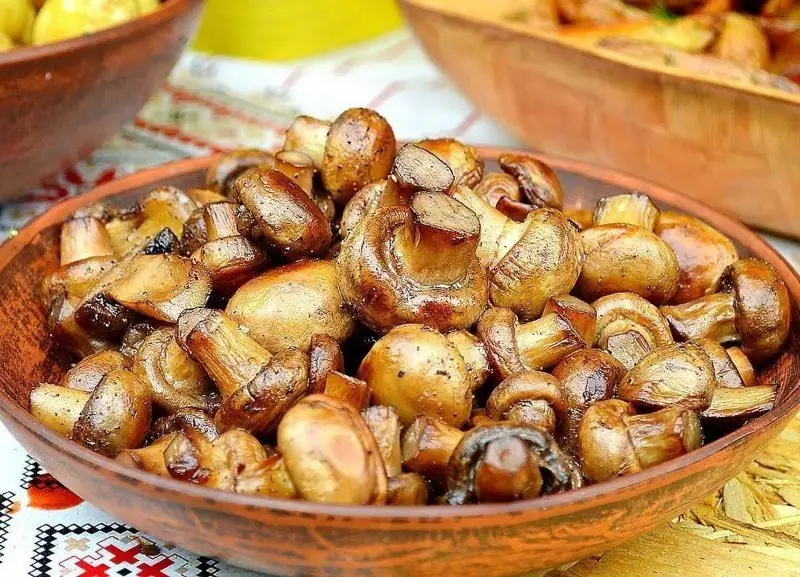
Mushrooms are a heavy food for animals due to their high fiber content. It will be better for dogs and cats if they do not recognize the taste of mushrooms in order to avoid poisoning, diarrhea and allergies.
Even if the pet really asks for a treat from the New Year's table, you should never forget about the dangers of human food for its health. After all, the good condition of pets depends entirely on ourselves.
Recommended:
New Year's Home Decor: Decorating The Interior, Including Windows And A Table (photo, Video)

Councils and recommendations for New Year's interior decoration. Decoration of the New Year's table. Using scrap materials, making jewelry with your own hands
New Year's Salads: New 2019, Recipes With Photos And Videos
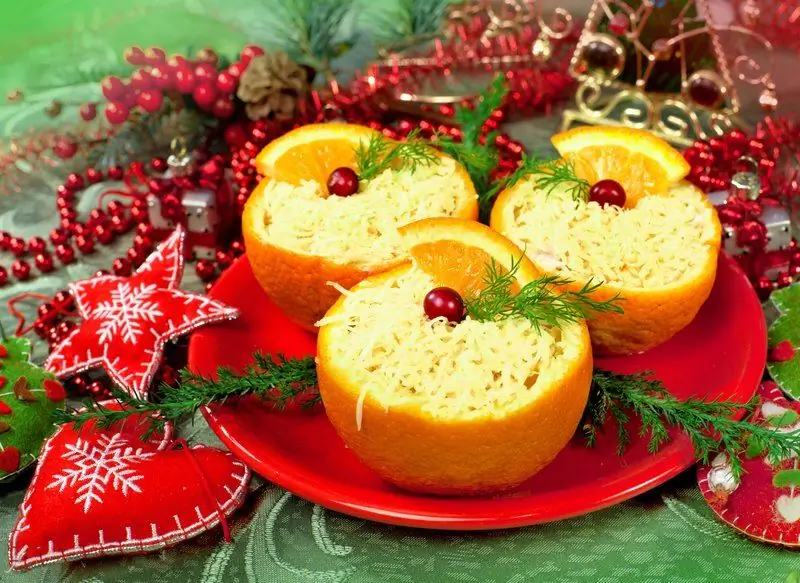
What new salads can be prepared for the New 2019 year. Step-by-step instructions with photos and videos
Dishes For The New Year's Table 2020
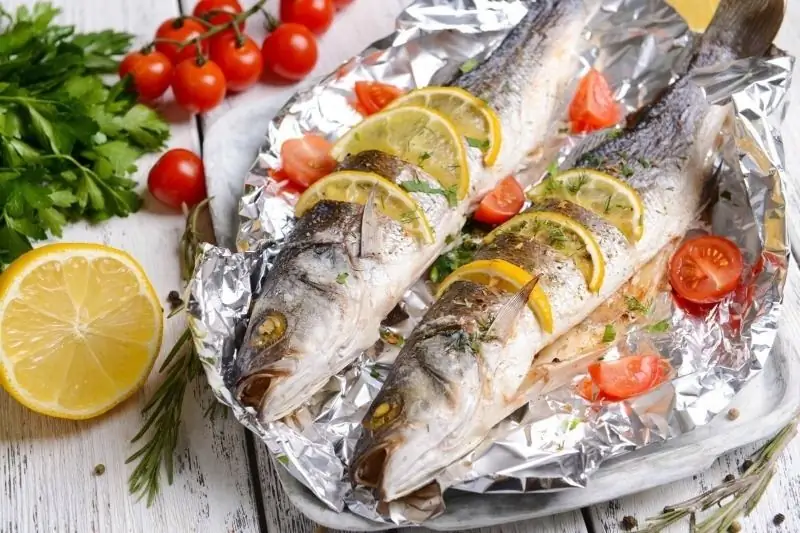
What dishes should be put on the New Year's table in 2020
Festive Snacks That Will Decorate The New Year's Table And Delight With A Variety Of Tastes
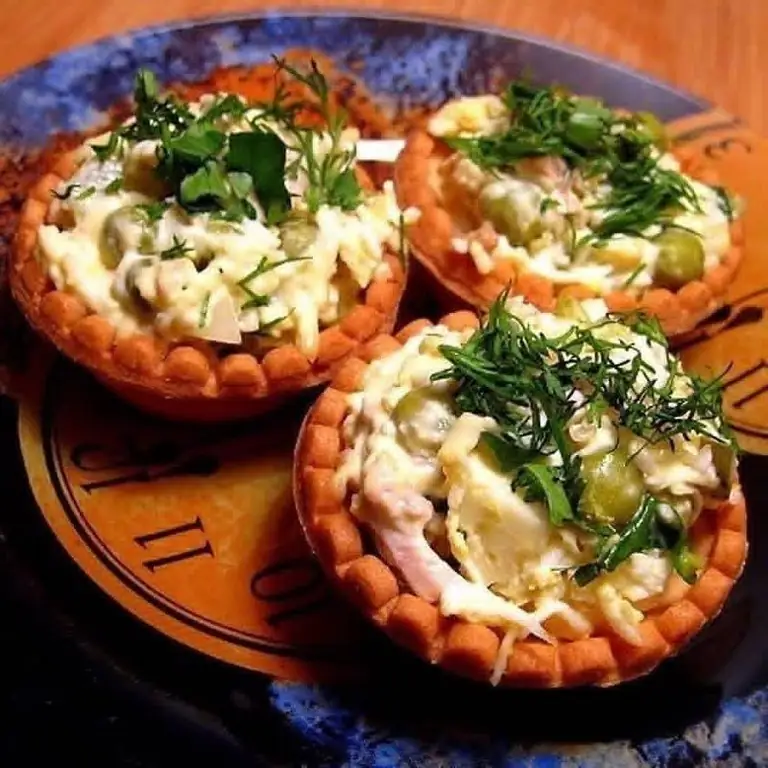
Tartlets are a great solution for serving meals in portions. Experiments with various New Year's fillings will make the festive table not only tasty, but also beautiful
What Dishes Should Not Be Put On The Table This New Year

What is better not to offer to guests, so as not to anger the symbol of the year - the metal bull, and not to scare off luck
